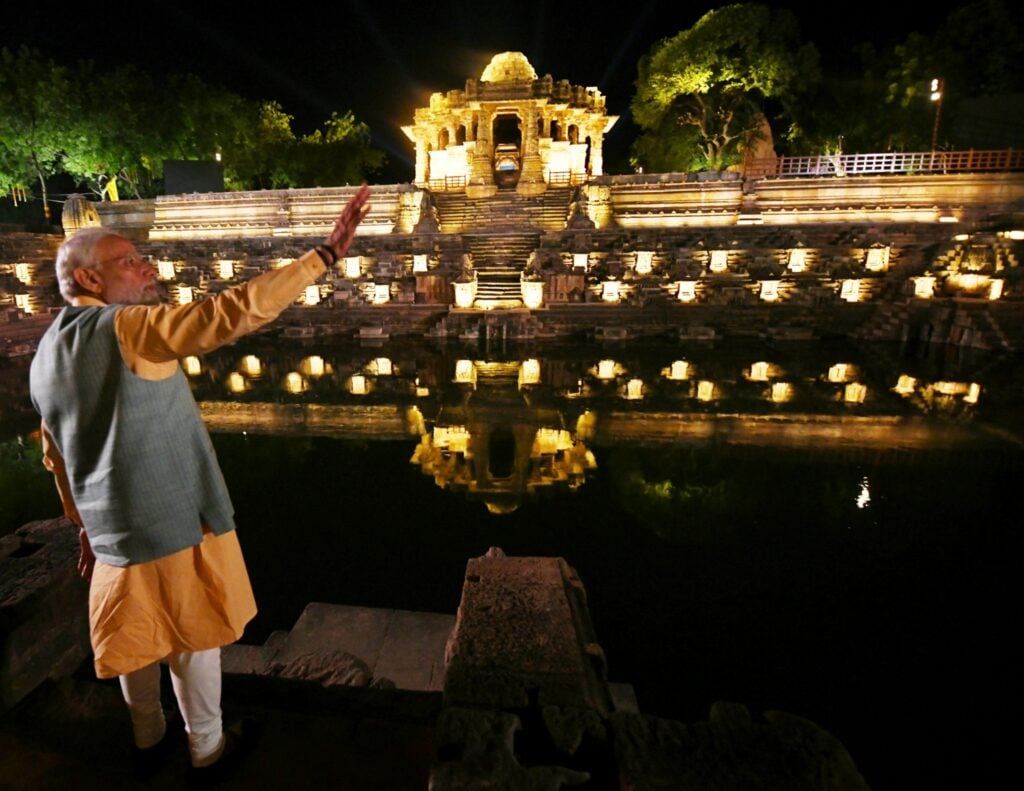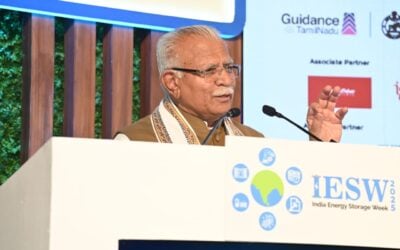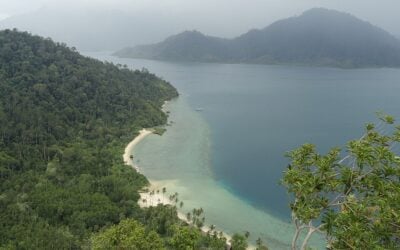
Multiple tenders seeking gigawatts of ‘firm and dispatchable’ renewable energy have been launched in India in recent months by state-owned or administered enterprises.
With India – as of this year the world’s most populous country – aiming for 500GW of new renewable energy by 2030 and thought to be somewhere between 150GW and 200GW at present, there is a pressing need for energy storage.
Enjoy 12 months of exclusive analysis
- Regular insight and analysis of the industry’s biggest developments
- In-depth interviews with the industry’s leading figures
- Annual digital subscription to the PV Tech Power journal
- Discounts on Solar Media’s portfolio of events, in-person and virtual
The national Central Electricity Authority (CEA) has estimated a need for around 74GW/411GWh of energy storage in India by 2032 from battery energy storage system (BESS) and pumped hydro energy storage (PHES). The estimation, to be included in the CEA’s national electricity plan is a huge step up from previous projections by the authority and others.
A lot of the recently installed renewable energy capacity has been delivered through tenders held by public organisations such as the Solar Energy Corporation of India (SECI) and nationally owned power producers such as National Thermal Power Corporation (NTPC).
On 30 September, another, National Hydroelectric Power Corporation (NHPC), published a Request for Selection (RFS) document for the supply of 1500MW firm and dispatchable power from renewable energy systems connected to the pan-India ISTS grid network.
In practice, that means solar PV projects with a mandatory energy storage system (ESS) component, to create that ‘firm and dispatchable renewable energy’ (‘FDRE’).
Developers will bid into a reverse auction based on guidelines for tariff-based competitive bidding that was put out by the government earlier this year with specific regard to FDRE resources, and following on from similar guidelines for other technologies such as hybrid solar-wind parks.
NHPC is seeking bids of at least 50MW, with a 750MW maximum and the power company will buy the output through 25-year power purchase agreements (PPAs).
Consultant and India lead for energy storage at the World Economic Forum (WEF) Advanced Energy Solutions group Debmalya Sen, noted in a summary posted to business networking site LinkedIn that the NHPC tender is the eighth tender this year from an Indian nodal agency for so-called ‘round-the-clock’ (‘RTC’) renewable energy.
That has totalled 9GW of generation capacity, with 5.6GW focused on FDRE resources. According to a monthly report from India-based consultancy JMK Research, within September that included the most recent SECI tender for FDRE, in which the national solar promotion agency is procuring 1,260MW, again from pan-India projects. It was among more than 10GW of renewable energy tenders across the country of various kinds recorded by JMK Research for its September industry update.
In both SECI and NHPC’s cases, awarded parties will have 24 months from the signing of contracts to deliver their projects. What differs somewhat between NHPC’s tender and others however, is that NHPC’s tender requires peak power provision, while others are on a load-following model, Debmalya Sen said.
Projects responding to the NPHC RFS will need to provide energy during peak times for four hours each day, and be at 90% availability in those peak times. Shortfall will be penalised at 1.5x the PPA tariff. Bid submission window remains open until the middle of next month (13 November) once it opens next week.
The wave of big tenders comes after JMK Research and others said last year that competitive solicitations of this type would herald a revolution in storage deployment for India’s energy sector. JMK and the Institute for Energy Economics and Financial Analysis (IEEFA) produced the report ‘Evolution in grid-scale ESS tenders in India’ in July 2022, outlining some of the opportunities – and challenges – the tenders would bring.
Meanwhile, also last year, Energy-Storage.news held a webinar with consultancy Clean Horizon in which SECI general manager Dr Bharath Reddy outlined many of the corporation’s activities and plans ahead, while Clean Horizon analyst Rachel Loquet offered a breakdown of SECI’s first storage-specific tender.






